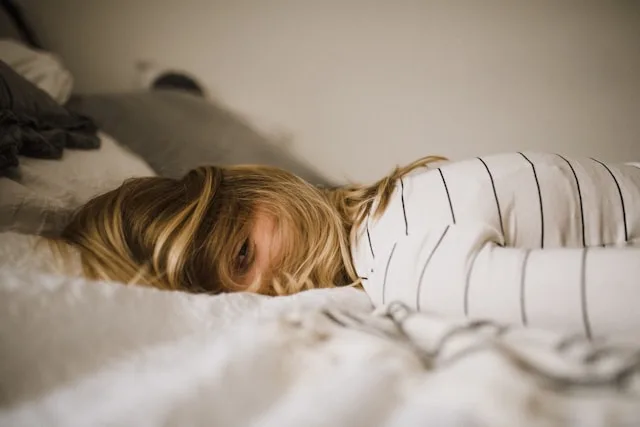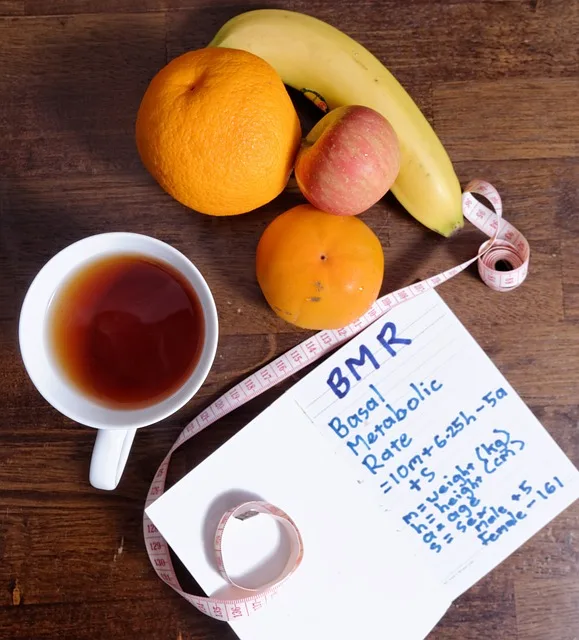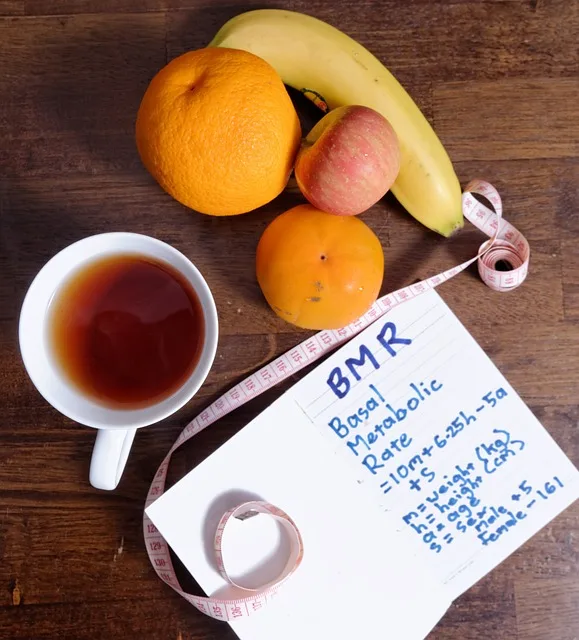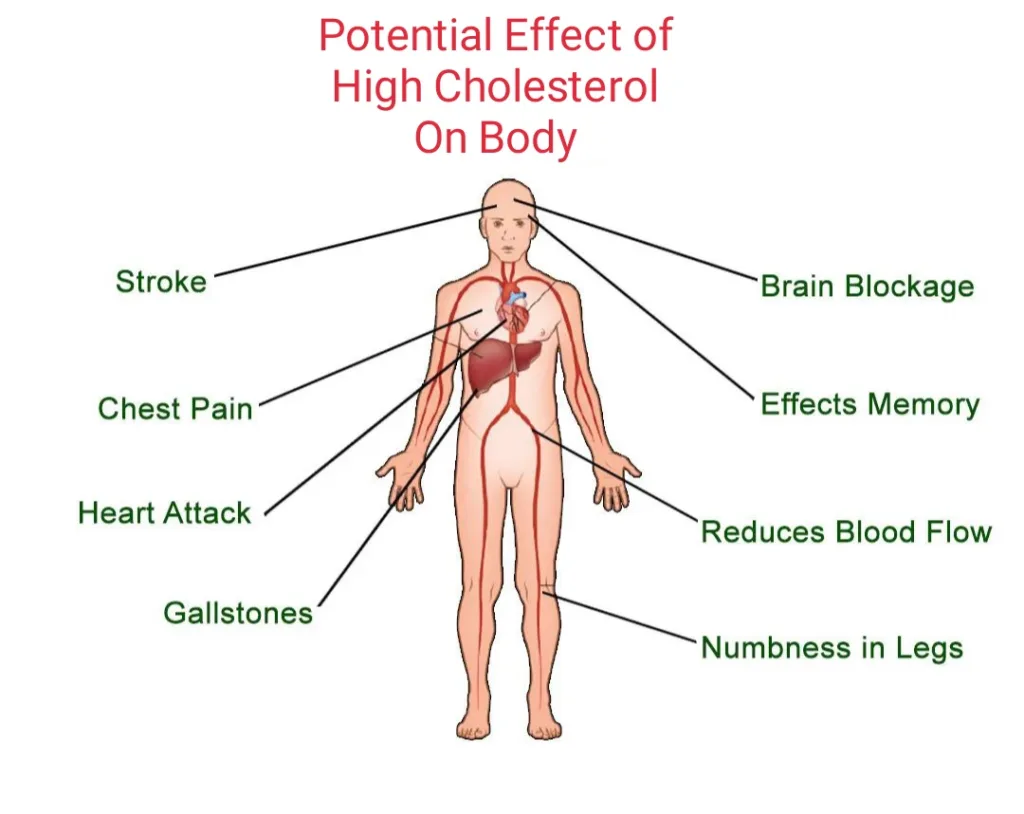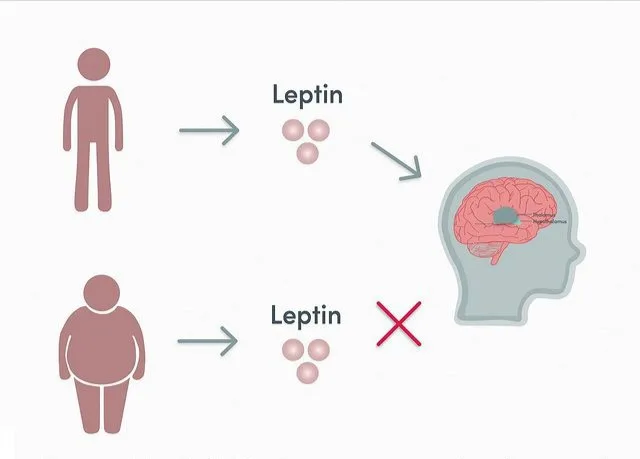Living with mental health challenges, including depression, anxiety, and PTSD, can pose significant obstacles to carrying out daily activities. Among these challenges, one of the most difficult hurdles individuals face is the difficulty in getting out of bed and participating in routine tasks.
This article answers into the question: “What are some reasons why someone with depression, anxiety, PTSD, etc. may struggle to get out of bed and engage in daily activities?” We will explore the multifaceted reasons behind the struggles faced by individuals dealing with these mental health conditions, and share insights into potential coping strategies for mental health.
In This “Mental Health Challenges” Article
Impact of Depression on Daily Functioning
Depression, a mood disorder characterized by persistent feelings of sadness, emptiness, and hopelessness, can profoundly affect a person’s ability to function in their daily lives.
From a psychological standpoint, individuals with depression often experience a pervasive sense of despair and worthlessness, making it challenging to find motivation to get out of bed and face the day. 1
Additionally, the loss of interest in activities once enjoyed can contribute to a lack of enthusiasm for engaging in daily routines. On a physical level, depression can manifest as overwhelming fatigue and lethargy, making the prospect of getting out of bed and starting the day seem daunting. 2 3
Sleep disturbances, such as insomnia or oversleeping, further disrupt the body’s natural rhythms and exacerbate feelings of exhaustion. Changes in appetite, whether increased or decreased, can also impact energy levels and contribute to a lack of motivation to engage in daily activities.
The Role of Anxiety in Morning Routines
Anxiety disorders, characterized by excessive worry, fear, and nervousness, can also interfere with a person’s ability to get out of bed and participate in daily activities. 4
For individuals with anxiety, the prospect of facing the day’s challenges can evoke overwhelming feelings of dread and uncertainty. This fear of the unknown can lead to avoidance behaviors, where individuals may retreat to the safety of their beds rather than confront the stressors awaiting them.
Physiologically, anxiety can manifest as racing thoughts, restlessness, and muscle tension, all of which can make the act of getting out of bed feel like an insurmountable task. 5 The constant state of alertness and hypervigilance associated with anxiety can leave individuals feeling drained and depleted before the day even begins, further exacerbating their reluctance to engage in routine activities.
Understanding PTSD and Its Effects on Daily Life
Post-traumatic stress disorder (PTSD) is a mental health condition that can develop in individuals who have experienced or witnessed a traumatic event. 6
For individuals with PTSD, the lingering effects of trauma can infiltrate every aspect of daily life, including morning routines and the ability to get out of bed. 7
Hyperarousal symptoms, like being very alert and scared, can make people feel worried and worried about things around them. 8
Flashbacks and intrusive memories of the traumatic event can disrupt sleep patterns and make it difficult to rest comfortably in bed.9
Avoidance behaviors, such as steering clear of triggering situations or reminders, may extend to morning routines, where individuals may avoid getting out of bed altogether to avoid confronting the challenges of the day. 10 11
Additionally, difficulty trusting others and forming relationships can contribute to feelings of isolation and exacerbate the reluctance to engage in daily activities. 12
Addressing the Stigma Surrounding Mental Health
One of the significant barriers individuals with mental health issues face is the stigma and misconceptions surrounding their conditions. 13
Society’s tendency to misinterpret symptoms of mental illness as laziness or lack of motivation can exacerbate feelings of shame and guilt in individuals struggling to get out of bed and engage in daily activities.14 The pressure to “snap out of it” or “just be positive” overlooks the complexity of mental health disorders and undermines the validity of individuals’ experiences. 15
It’s essential to cultivate empathy and understanding for those grappling with mental health issues and recognize that their struggles are valid and deserving of support. Creating a safe and nonjudgmental environment where individuals feel comfortable discussing their challenges is crucial in breaking down stigma and fostering a culture of acceptance and understanding.
Coping Strategies and Supportive Measures for Mental Health Challenges
While navigating the challenges of mental health disorders may seem daunting, there are various coping strategies and supportive measures that individuals can incorporate into their daily routines to help them get out of bed and engage in daily activities more effectively.
- Developing a personalized self-care routine that prioritizes sleep hygiene and establishes a morning routine can provide structure and stability to the start of the day.
- Incorporating relaxation techniques such as deep breathing, mindfulness meditation, or progressive muscle relaxation can help alleviate feelings of anxiety and tension, making it easier to face the day with a sense of calm and clarity.
- Seeking professional help through therapy, such as cognitive-behavioral therapy (CBT), can provide individuals with the tools and strategies they need to challenge negative thought patterns and develop healthier coping mechanisms.
- Building a strong support network of friends, family, or support groups can provide invaluable emotional support and encouragement on the journey toward recovery.
- Engaging in peer-led initiatives or online communities where individuals can share their experiences and advice can foster a sense of camaraderie and belonging, reducing feelings of isolation and loneliness.
Conclusion
In conclusion, the challenges of getting out of bed and engaging in daily activities for individuals with depression, anxiety, PTSD, and other mental health issues are multifaceted and complex.
By understanding the psychological and physiological factors that contribute to these struggles and implementing coping strategies and supportive measures, individuals can take proactive steps toward improving their daily functioning and overall well-being.
It’s essential to approach these challenges with empathy, compassion, and understanding, recognizing that each person’s journey is unique and deserving of validation and support.
FAQs about Mental Health Challenges
- Fusar-Poli P, Estradé A, Stanghellini G, Esposito CM, Rosfort R, Mancini M, Norman P, Cullen J, Adesina M, Jimenez GB, da Cunha Lewin C, Drah EA, Julien M, Lamba M, Mutura EM, Prawira B, Sugianto A, Teressa J, White LA, Damiani S, Vasconcelos C, Bonoldi I, Politi P, Vieta E, Radden J, Fuchs T, Ratcliffe M, Maj M. “The lived experience of depression: a bottom-up review co-written by experts by experience and academics.” World Psychiatry. 2023 Oct;22(3):352-365. doi: 10.1002/wps.21111. PMID: 37713566; PMCID: PMC10503922.[↩]
- Trivedi MH. “The link between depression and physical symptoms.” Prim Care Companion J Clin Psychiatry. 2004;6(Suppl 1):12-6. PMID: 16001092; PMCID: PMC486942.[↩]
- Targum SD, Fava M. “Fatigue as a residual symptom of depression.” Innov Clin Neurosci. 2011 Oct;8(10):40-3. PMID: 22132370; PMCID: PMC3225130.[↩]
- Anxiety Disorders. (n.d.). National Institute of Mental Health (NIMH). https://www.nimh.nih.gov/health/topics/anxiety-disorders.[↩]
- Chand SP, Marwaha R. “Anxiety.” [Updated 2023 Apr 24]. In: StatPearls [Internet]. Treasure Island (FL): StatPearls Publishing; 2024 Jan-. Available from: https://www.ncbi.nlm.nih.gov/books/NBK470361/.[↩]
- VA.gov | Veterans Affairs. (n.d.). https://www.ptsd.va.gov/understand/common/common_adults.[↩]
- Liang L, Bonanno GA, Hougen C, Hobfoll SE, Hou WK. “Everyday life experiences for evaluating post-traumatic stress disorder symptoms.” Eur J Psychotraumatol. 2023;14(2):2238584. doi: 10.1080/20008066.2023.2238584. PMID: 37650243; PMCID: PMC10472851.[↩]
- Sadeghi M, McDonald AD, Sasangohar F. “Posttraumatic stress disorder hyperarousal event detection using smartwatch physiological and activity data.” PLoS One. 2022 May 18;17(5):e0267749. doi: 10.1371/journal.pone.0267749. PMID: 35584096; PMCID: PMC9116643.[↩]
- Porcheret K, Iyadurai L, Bonsall MB, Goodwin GM, Beer SA, Darwent M, Holmes EA. “Sleep and intrusive memories immediately after a traumatic event in emergency department patients.” Sleep. 2020 Aug 12;43(8):zsaa033. doi: 10.1093/sleep/zsaa033. PMID: 32133531; PMCID: PMC7420515.[↩]
- Leventhal, A. M. (2008). “Sadness, Depression, and Avoidance Behavior.” Behavior Modification, 32(6), 759-779. https://doi.org/10.1177/0145445508317167.[↩]
- Oh KT, Ko J, Shin J, Ko M. “Using Wake-Up Tasks for Morning Behavior Change: Development and Usability Study.” JMIR Form Res. 2022 Sep 21;6(9):e39497. doi: 10.2196/39497. Erratum in: JMIR Form Res. 2022 Oct 3;6(10):e42926. PMID: 36129742; PMCID: PMC9529170.[↩]
- Center for Substance Abuse Treatment (US). Trauma-Informed Care in Behavioral Health Services. Rockville (MD): Substance Abuse and Mental Health Services Administration (US); 2014. (Treatment Improvement Protocol (TIP) Series, No. 57.) Chapter 3, “Understanding the Impact of Trauma.” Available from: https://www.ncbi.nlm.nih.gov/books/NBK207191/.[↩]
- Corrigan PW, Watson AC. “Understanding the impact of stigma on people with mental illness.” World Psychiatry. 2002 Feb;1(1):16-20. PMID: 16946807; PMCID: PMC1489832.[↩]
- Ahmedani BK. “Mental Health Stigma: Society, Individuals, and the Profession.” J Soc Work Values Ethics. 2011 Fall;8(2):41-416. PMID: 22211117; PMCID: PMC3248273.[↩]
- Howard Adelman and Linda Taylor (Co-Directed). (2018). “Common Psychosocial Problems of School Aged Youth: Developmental Variations, Problems, Disorders and Perspectives for Prevention and Treatment.” School Mental Health Project, Dept. Of Psychology, UCLA. Retrieved February 20, 2024, from https://smhp.psych.ucla.edu/pdfdocs/psysocial/entirepacket.pdf[↩]


